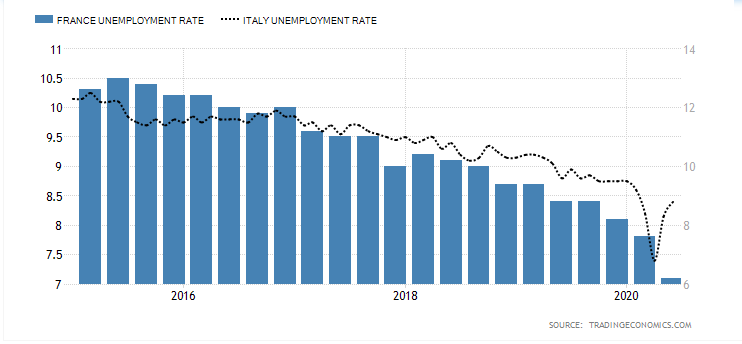Are you suggesting that France is more poorly educated than Switzerland, UK, US, Australia, New Zealand, Belgium, Austria, Denmark, Finland, Sweden, Norway, Luxemburg, Netherlands, Germany, Ireland, Japan, Israel, etc, etc or even Poland, Portugal, Romania, Slovakia, Slovenia, Czech Republic, Hungary, Estonia, Latvia, Lithuania, Indonesia, Jamaica, Mexico, Moldova, Mongolia, Mozambique, Senegal, Tanzania, Trinidad and Tobago, Nicaragua, Pakistan, Palau, etc, etc? This endemic and chronic unemployment for such a long time is clearly effect of their insane job protection laws. It’s a known fact for years among economists and I don’t think it’s really controversial. It’s a well researched pathology.
First problem is that job protection, regulations and taxes are major costs of employing people, and in some areas they are prohibitive. Second problem is that they educate too many humanists and social scientists, whose “skills” are useless on the job market, but their inflated ego won’t allow them to work in something else. So that’s a major cause of job market disequilibrium - on one hand huge unemployment, on the other there are hundreds of thousands of people needed in crafts and construction works.
 .)
.)